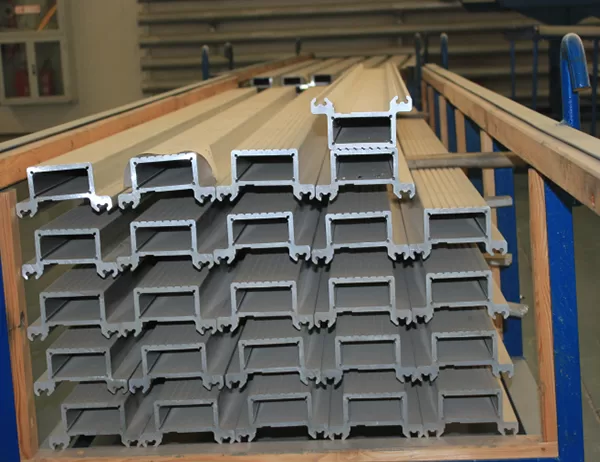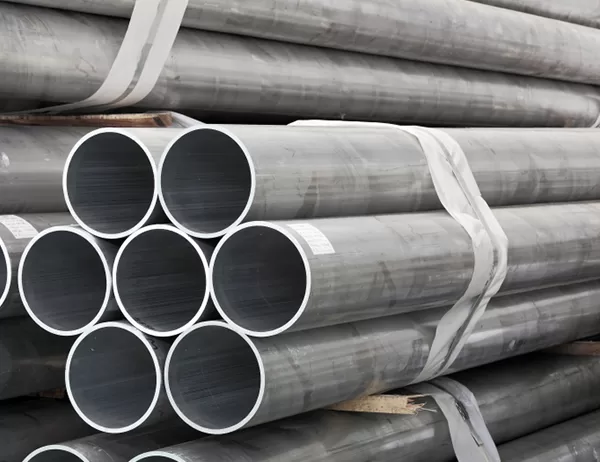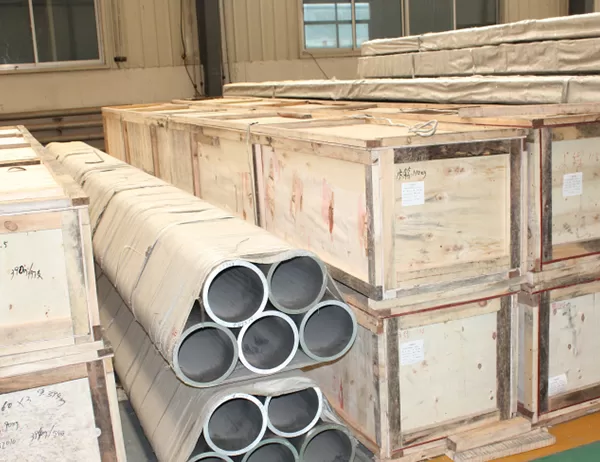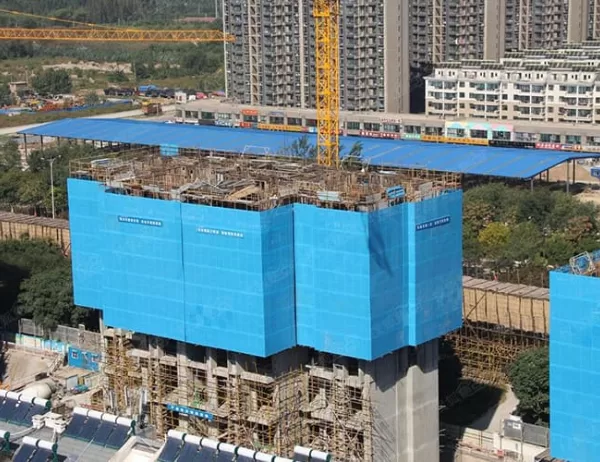The automotive industry has increasingly adopted aluminum extrusions due to their lightweight, strength, and durability. Understanding the technical specifications of these extrusions is crucial for engineers and designers to optimize their performance and meet industry standards.
Mechanical Properties
– Tensile strength: Measures the material’s resistance to breaking under tension. Higher tensile strength ensures dimensional stability and resistance to deformation.
– Yield strength: Indicates the point at which the material begins to deform plastically. It determines an extrusion’s strength under load and its ability to resist yielding.
– Elongation: Measures the percentage of stretching before failure. Optimal elongation allows extrusions to absorb energy and withstand impact without breaking.
Physical Properties
– Density: The weight per unit volume of the material. Aluminum extrusions have a lower density than steel, resulting in weight savings and improved fuel efficiency.
– Thermal conductivity: The ability to transfer heat. Aluminum’s high thermal conductivity allows for effective heat dissipation in automotive components.
– Corrosion resistance: Aluminum’s natural oxide layer provides excellent corrosion resistance, reducing maintenance costs and extending the lifespan of automotive parts.
Dimensional Accuracy
– Dimensional tolerances: Specifies the allowable deviations from the specified dimensions. Tight tolerances ensure proper fit and function of assembled components.
– Straightness: Measures the deviation from a perfectly straight line. Extrusions with good straightness maintain alignment and prevent vibration-induced failures.
– Twist tolerances: Indicates the angular deviation from a perfect plane. Low twist tolerances enhance component performance by minimizing misalignment and stress concentrations.
Surface Finish
– Roughness: Measures the surface irregularities. A smooth surface finish reduces friction, improves wear resistance, and enhances corrosion resistance.
– Finish type: Various surface finishes are available, including mill finish, painted, anodized, or powder coated, to meet specific aesthetic and functional requirements.
– Paint adherence: Important for painted extrusions. Good paint adherence ensures durability and resistance to chipping or peeling under harsh operating conditions.
Other Considerations
– Alloy selection: Different aluminum alloys offer unique combinations of properties. The choice of alloy depends on the application’s specific requirements.
– Extrusion process: The extrusion process parameters can influence the final properties and performance of the extrusions.
– Quality control: Adherence to industry standards and rigorous quality control processes ensure the reliability and consistency of automotive aluminum extrusions.




